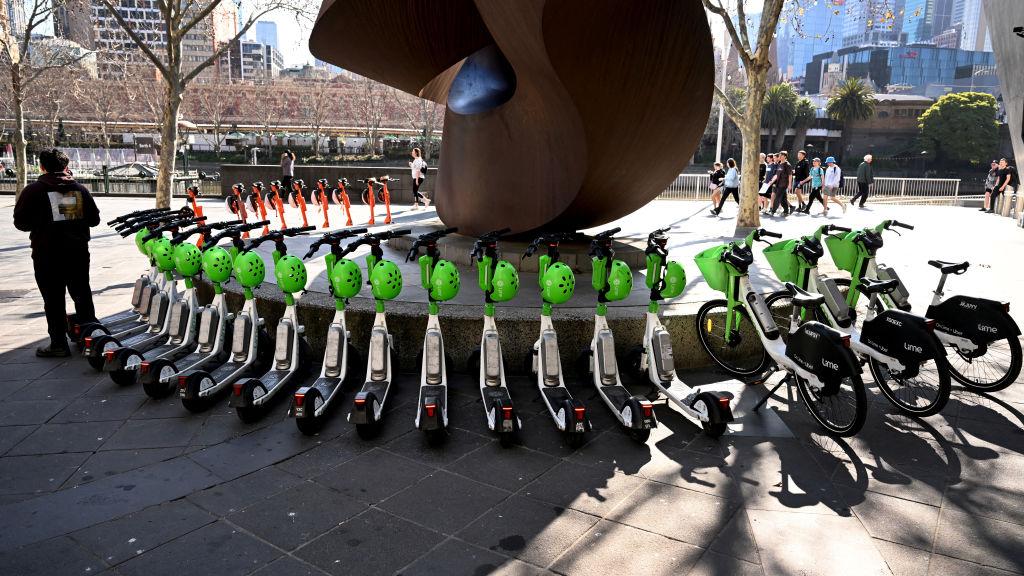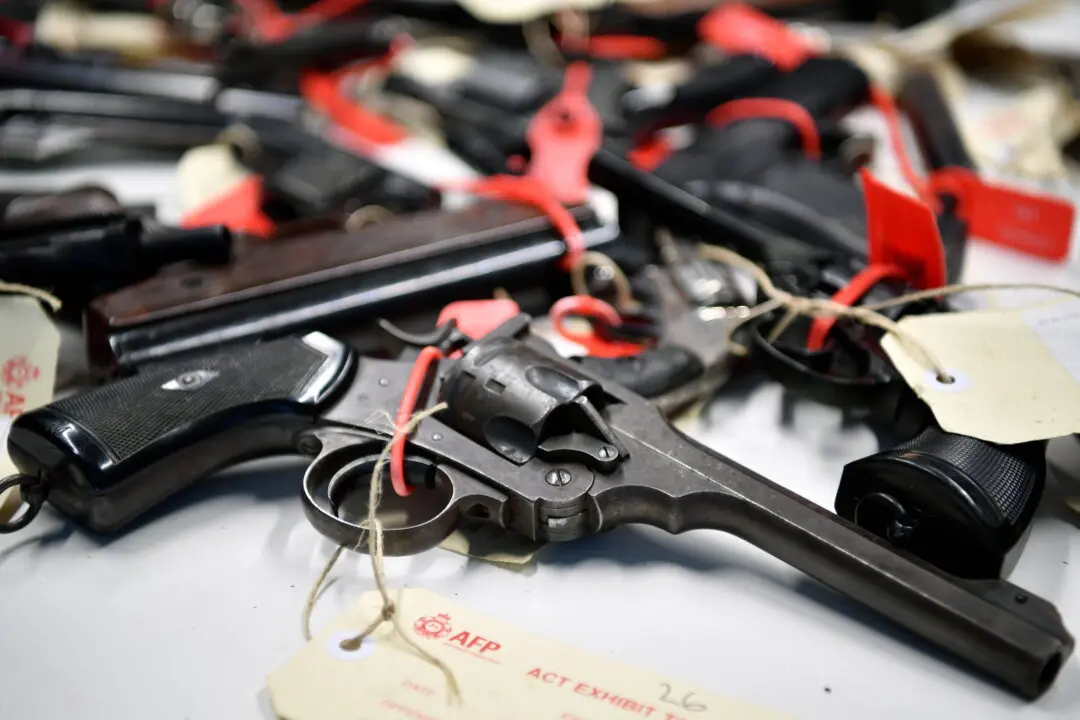New South Wales (NSW) Transport Minister Jo Haylen is rallying behind a push to legalise e-scooters in the state despite concerns from the public.
Statistics released by the government reveal 1 million residents in Australia’s most populous state have ridden an e-scooter, while there are 570,000 e-bikes and 459,000 e-scooters in homes.





